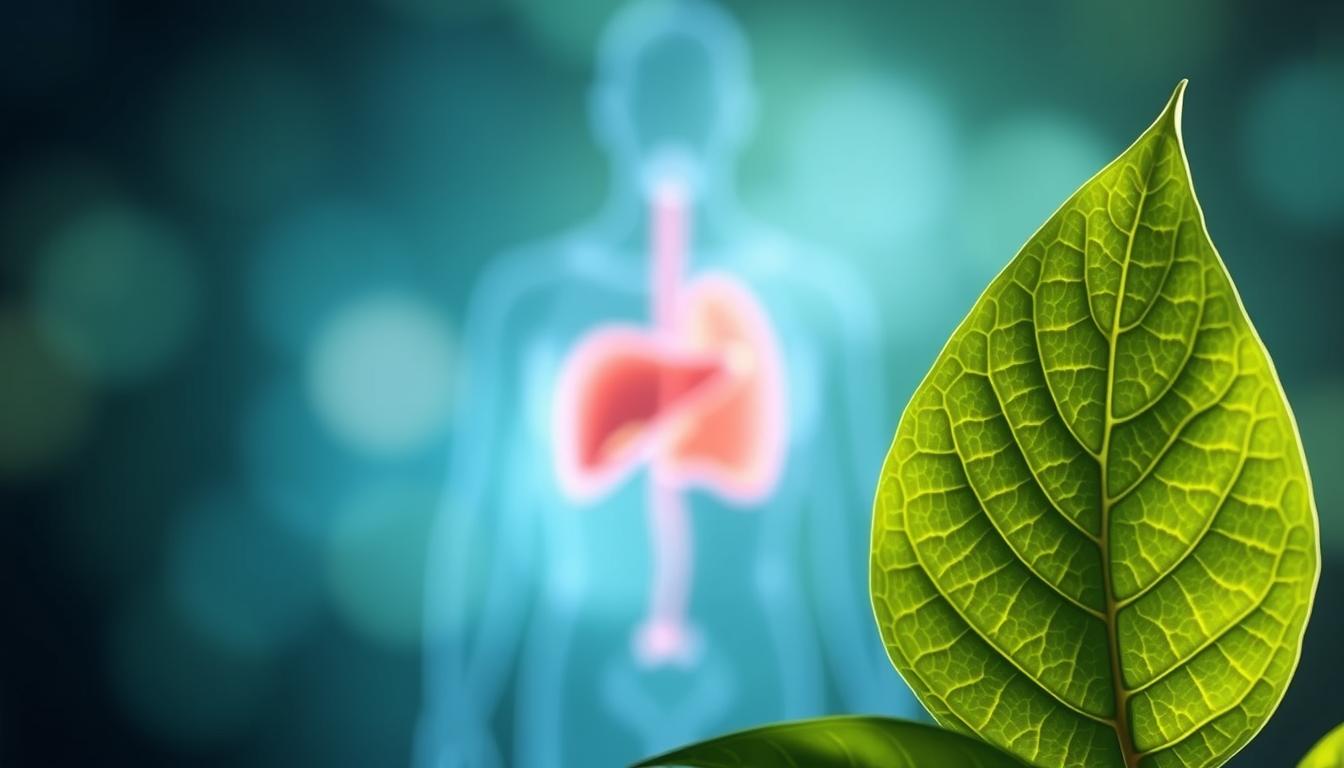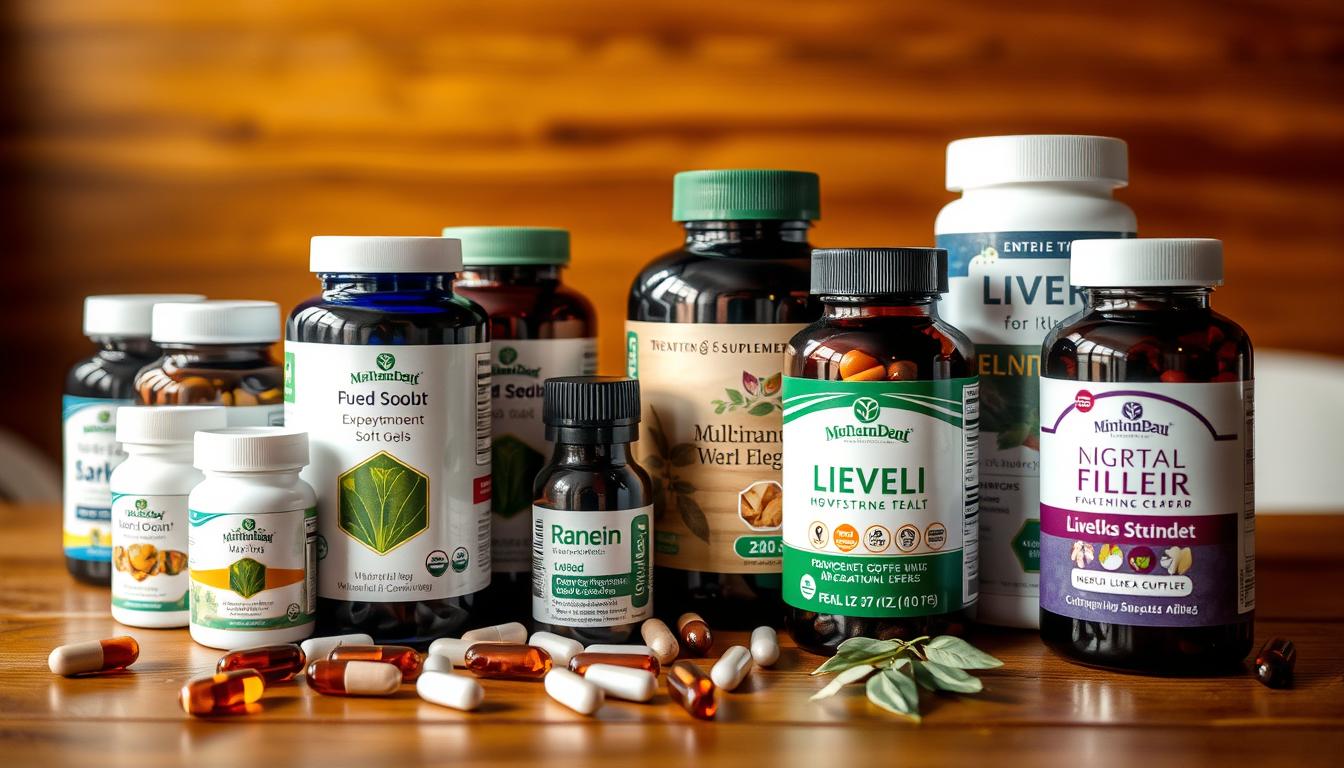Did you know that people with diabetes are at a higher risk of developing liver disease? Liver health is crucial for diabetics, as it plays…
Tag: Herbal Remedies for Liver Health
Best Herbal Supplements for Fatty Liver in 2025
Find the top herbal supplements for fatty liver in 2025. Our how-to article explores the most effective natural remedies for liver support.

